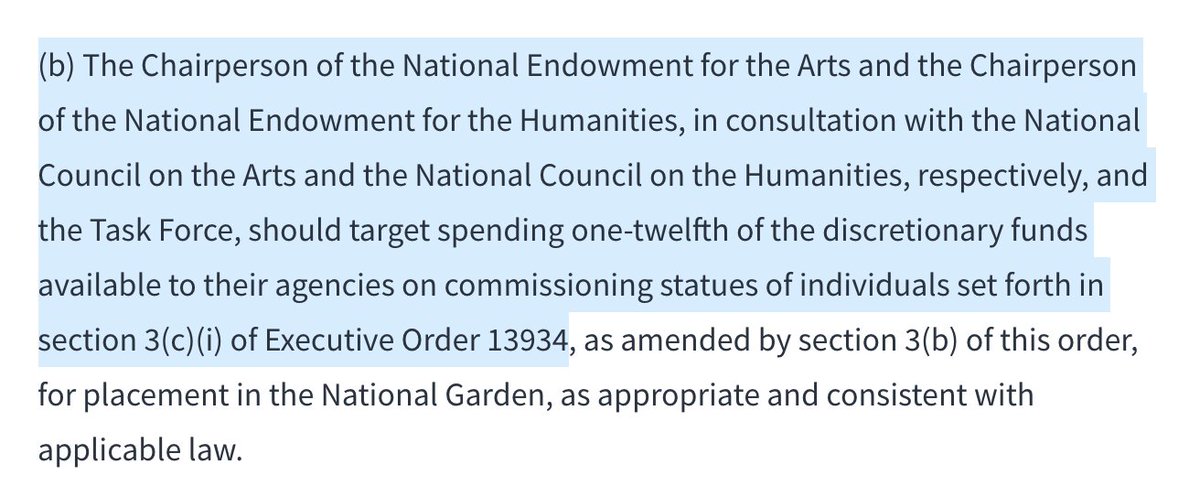
If there is one thing that I wish journalists would cover better when it comes to taxes is that it’s not that Biden’s tax plan only hits earners making more than $400,00ish *it’s that it applies just to the dollars earned above this threshold*.
https://twitter.com/sruhle/status/1388866503370543104
These aren’t the exact cutoffs but say the top bracket begins at $400,000 & an earner were to make $450,000–they’d pay $19,800 instead of $18,500 on that last $50,000–a difference of $1,300.
If that is a problem for someone making $450,000, maybe cut back on the avocado toasts.
If that is a problem for someone making $450,000, maybe cut back on the avocado toasts.
(Yes the cutoff for the Trump-era marginal bracket begins a little higher but again, we’re only talking about income over this threshold and even then, only with pretty small changes that are basically at the level of random yearly fluctuations for the vast majority of payers.)
Marginal tax rates—the foundation of our income tax system— are the most important thing almost never taught in schools.
Should be as common and regular as sex ed.
Should be as common and regular as sex ed.
• • •
Missing some Tweet in this thread? You can try to
force a refresh






